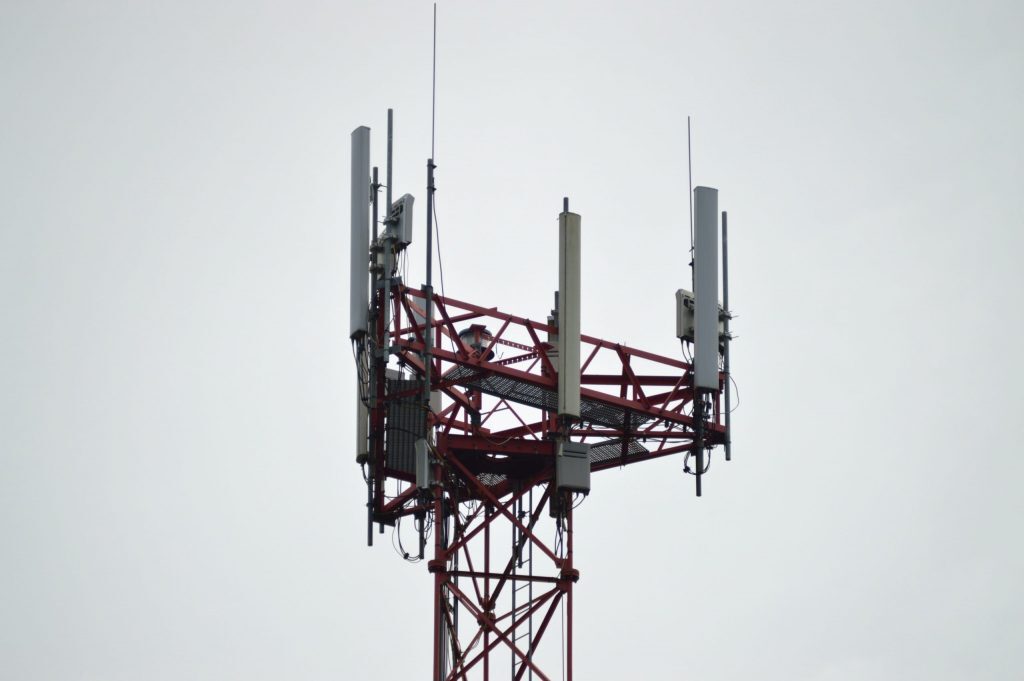I risked the irk of this fine newspaper’s business editor and chief sub by waiting until Tito Mboweni had delivered his budget speech before writing. I was hoping to find something noteworthy and uplifting about tech and telecoms sector but – like pretty much all of his austere budget – there was no good news.
I began writing this before our reluctant finance minister’s budget this week, fairly confident that any crucial strategy and investments around the critical telecoms and technology industries will not be substantively dealt with in his speech.
Both Mboweni and President Cyril Ramaphosa make reference to the importance of the Internet industries – for want of a better way of putting it – and how critical these are to growth and development. But then it is up to the Cabinet ministers to develop the legislation or kickstart the process.
Take the urgent need to license spectrum for cellular operators to make use of the frequencies needed for the next 5G networks. It is regularly mentioned by Ramaphosa, but we have affectively made next to no progress in the past 15 years.
Yes, 15 years is how long it has been since South Africa released more spectrum to the cellular operators. That was for 3G networks, which have been superseded by so many other newer technologies. So where is the urgency and the haste that you would expect from our cabinets, and, in this instance, the communications department?
All we hear from the miscommunications ministry is more delusional ideas about how to define laptop and tablets (but thankfully not smartphones anymore) as televisions to help the SABC earn enough money to carry on functioning.
If it was in Harry Potter, it might be called The Ministry of Mysterious Non-happenings and Pointless Delays.
Seeing as our government is currently – and again – obsessed with infrastructure I will explain it in terms of a road, so that’s our respective Cabinet ministers can understand. If you have to drive your car on a sand road filled with potholes, not only does it create wear and tear on your car, but it slows you down and takes longer for you to travel the distance you wanted to. We have good tarred roads in the urban areas but the rest of the country #NotSoMuch.
The Internet was once called the information superhighway. It’s a useful analogy for understanding how quickly and effortlessly information could zoom around the net.
Realising this most countries have created an autobahn (read: fast and cheap Internet) which increases the speed of getting around and therefore trucks and cars (read: commerce and business practice) can move quickly and freely around it.
A faster highway means everyone can move faster. Put another way, faster internet upgrades everyone’s cars from a two-door budget car to a BMW: not only is it fast, but the overall driving experience is better.
Without fast and abundant broadband, no country can expect to be able to compete with other countries that have this essential infrastructure. Put in another way it’s easy to drive from Johannesburg to Cape Town on the tarred, well-maintained surface of the N1.
It’s a lot harder if you decide to turn left and head off to a remote village somewhere in the Free State (which sadly probably still has asbestos rooves). Give it 10 or 15 minutes and the tar runs out and you’re back on corrugated difficult to drive to sand roads.
That’s what slow internet is like. It slows everything down. It slows down your ability to get email, read the news, do you work and learn online.
Building new infrastructure certainly benefits the under-pressure construction industry, and ultimately filters down to us citizens. But we need to build the fibre network and rollout 5G, especially in rural areas, so that the whole country benefits. And can benefit immediately.
Why doesn’t our governments, and the responsible ministers, simply not get this?
This article first appeared in the Daily Maverick.




